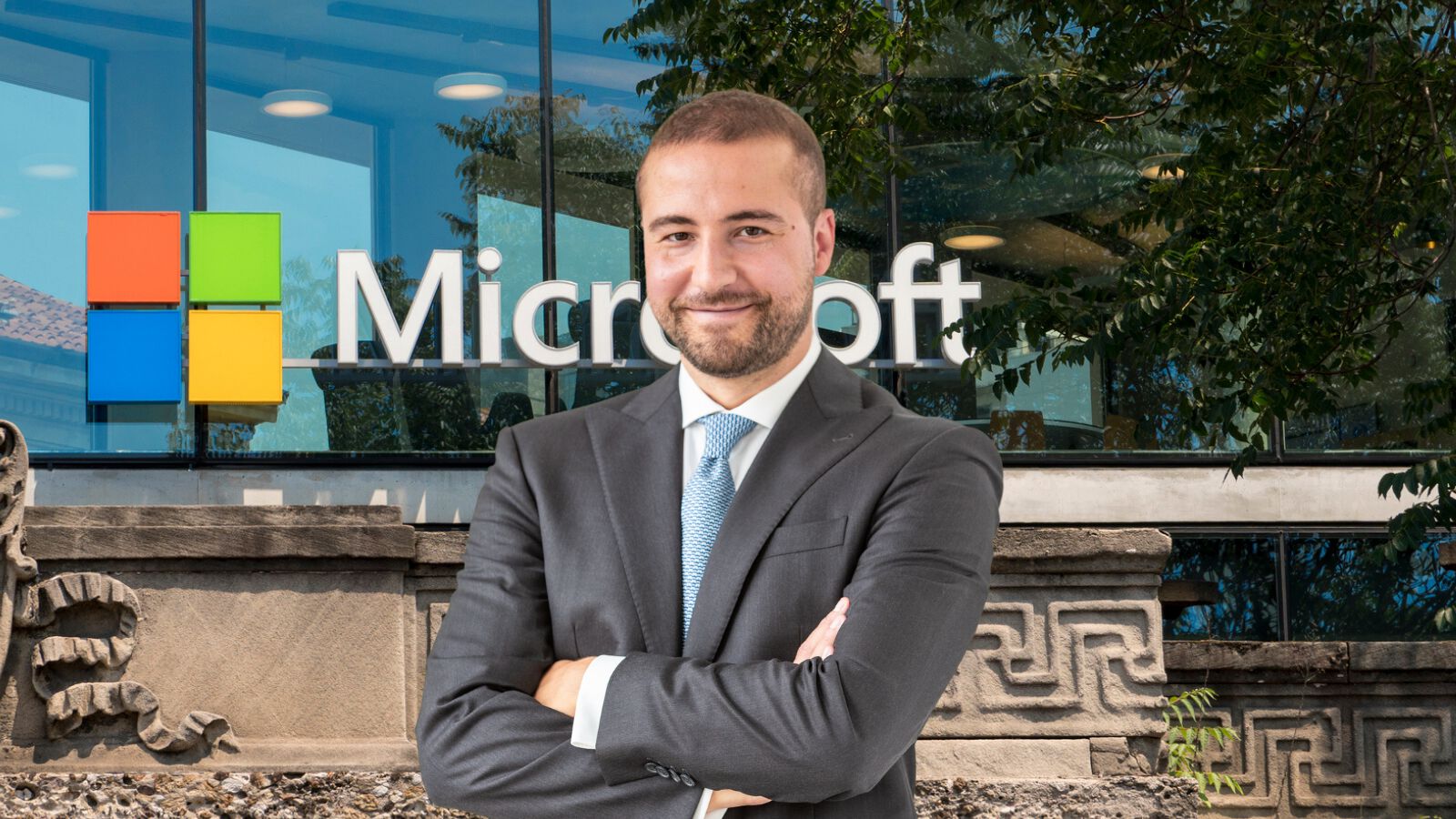Riccardo plays a key leadership role in “Ambizione Italia #DigitalRestart,” Microsoft Italy’s five-year, $1.5B investment plan for the country in support of innovation, digital transformation, and environmental sustainability. Microsoft launched its ambitious plan in May of 2020, creating hundreds of thousands of skills training opportunities for students and IT professionals, among other essential programs. When the pandemic hit, the central role of digital in all our lives crystalized, as did Microsoft Italy’s decision to lean in even further to digital transformation as a means to help restart the country.
“The goal of the initiative is to drive digital transformation in Italy through the skilling and reskilling of young people and the temporarily unemployed, the creation of artificial intelligence labs, and contributions to the country’s pursuit of an open innovative ecosystem for sustainability,” explains Riccardo, who is the leader of Ambizione Italia’s Sustainability Pillar and the Sustainability Alliance, which pursues innovative technological solutions to environmental problems.
"Being able to connect with peers and plug into Boston’s innovation ecosystem was a key draw for me."
“The course on Innovation Ecosystems at MIT was particularly helpful and very applicable to our efforts to help our partners establish a strategy for reaching sustainability goals through technology,” says Riccardo. “A very relevant feature of the course framework was thinking about initiatives that could engage stakeholders of innovation. We tried to think of ways to engage corporations, universities, students, and the unemployed, to make sure no one was left behind. One of the ways we activated these stakeholder engagements included upskilling webinars on LinkedIn—we became one of the most popular MOOC creators on the platform. We created a funnel between university students and alumni who took the courses and corporations who were seeking trained talent.”
Riccardo and the Sustainability team also leveraged Microsoft existing partnerships with consulting firms to create a link between technology solutions and corporations that could use those solutions to meet their sustainability goals.
Of his experience in the Innovation Ecosystem course Riccardo adds, “I have also built a long-lasting network with my classmates, and I still reach out to them, three years later, for advice and to compare experiences, and exchange visions. Being able to connect with peers and plug into Boston’s innovation ecosystem was a key draw for me.”
As part of his certificate experience, Riccardo also completed Transforming Your Leadership Strategy, which he felt was highly relevant to his role. “How leaders manage teams is evolving,” he explains. “Hierarchies are flat at Microsoft, and we have teams across business units that need to engage and collaborate to deliver results. I needed to understand how to lead these teams to reach certain goals. As part of this Sustainability Pillar, for example, I needed to tap into different competencies from different units – marketing, commercial, and others – to create this new plan for the Country. This course helped me understand how to do that.”
Riccardo is eager to take more classes and pursue an Advanced Certificate for Executives. “I will choose the courses wisely according to my future career plans. Fortunately, MIT Sloan Executive Education offers many options for enhancing my professional growth.”
As for progress in Italy, Riccardo says the situating is improving, but it’s challenging. “The majority of the Italian economy is small business. We hope the recovery funds from Europe will help us restart and that through our collective digitalization efforts we can guarantee continuity to these businesses.”








